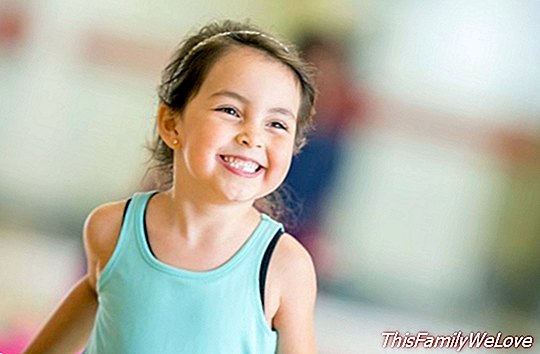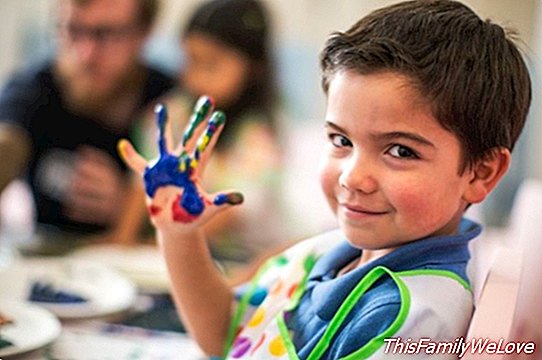The advantages of learning English at the British Council
Speaking and writing correctly in English is the goal that many families have set in the education of their children. To begin with in bilingualism, the most important thing to keep in mind is the age of the children, since as we all know, when they start learning English first, they will have easier to acquire this second language as their own.
To achieve this, it is convenient to take advantage of the first sensitive period of the children, which takes place between 2 and 5 years. This age is ideal for training your speech device, teaching them to correctly pronounce other phonemes that do not exist in their mother tongue before they are 6 years old.
English for the first sensitive period of children
To educate the ear and adapt the phonetic device is the essence of the infantile bilingualism and to stimulate it we have many resources like those offered by the courses Early Years for children from 2 to 5 years old that are taught at the British Council. These courses offer a happy experience to children learning English.
It is not that they learn a lot of vocabulary at the beginning, but that they master the pronunciation from small thanks to the use of their method Phonics, and the realization of activities related to the learning of sounds such as songs, rhymes, stories ... that favor the innate ability of children to learn, while awakening their interest in the English language. In addition, the methodology has an interactive and communicative approach, and is based on the British model of early childhood education that favors the physical, through exercise, and mental development of children.


Bilingual learning with training for the future
At the end of the infantile stage and to reach Primary, the learning of vocabulary and grammar begins to gain importance. In the courses Primary, offered by the British Council for children between 6 and 11 years old, the objective is to take advantage of the base of English they have so that they get fluency with the language. In this way, children become the protagonists of their learning, which is based on the realization of group projects among which are the debates, the plays or the writing of stories with which they reinforce and improve the 4 linguistic competences. basic, which are oral and written expression and oral and written comprehension.
Thanks to this interactive and communicative educational approach, children grow in the development of certain social competences such as creativity, teamwork, critical thinking ... that will help them in their personal, academic and professional future.
Bilingual education in English outside of the classroom

Encouraging interest in knowing some details of British culture encourages the learning of English by making this language a practical tool to participate in contests, storytelling sessions, show how to make crafts ... In addition, outside the classroom students can have fun with English in libraries, in web pages LearnEnglish Kids Y LearnEnglish Teens, and in different applications, offered by the British Council.
And not to get lost as parents there is a free online course (MOOC) for parents, a daily update of the events in the newsletters, and different opinions on the day to day in the British Council Blog.
Professionalism and closeness, keys for trust
To ensure the monitoring of student learning, British Council teachers communicate with parents at follow-up meetings, offering advice on their evolution and how to support their learning at home. All teachers have international certifications (CELTA, TESOL), have at least 2 years of experience and enjoy continuous training programs.
In addition, the environment is characterized by safety and well-being thanks to a team specialized in child protection that develops preventive measures for classes, activities and events, as well as training sessions for parents and students.
The British Council strives to create a safe and inclusive learning environment where children can realize their full potential, betting on a unique educational experience with stimulating and fun classes as a fundamental part of the learning process.
Marina Berrio




